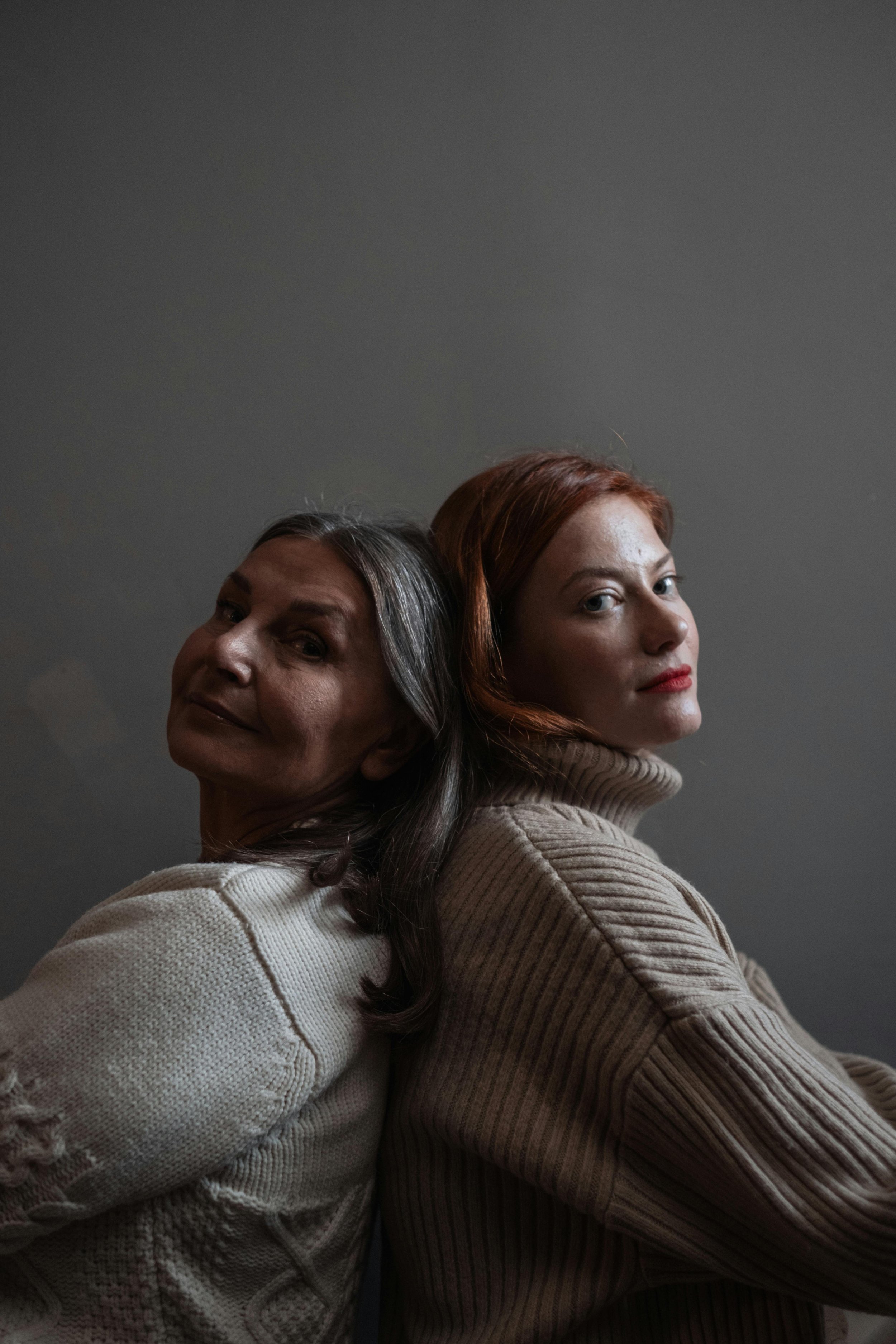Longing for Connection: The Hidden Impact of the Mother Wound
For many women, the hardest pain to name comes from mom. The mother wound isn’t about blame—it’s the quiet ache left when our emotional needs weren’t met, when we were silenced, or when we were taught to shrink ourselves to be loved. Often, we minimize this pain because it feels taboo to speak of disconnection from our mothers, or to name ways she hurt us, even unintentionally. We might say, “She did her best with what she had,” but that doesn’t soften the ache of wanting to be loved as her daughter.
Women hold diverse stories of their relationships with their mothers. Some grew up with moms who were unavailable due to substance use, illness, financial stress, or abuse. Others had mothers who met basic needs but were emotionally inconsistent, critical, immature, or just not present. Some daughters cared for moms who required emotional support, creating a cycle where the daughter became the parent. As children, it’s nearly impossible to name these wounds, and as adults, reconciling the longing for connection with what may never change is profoundly challenging.
The mother wound is often passed down unconsciously. When moms lack awareness or skills, they may pass patterns of unmet needs, emotional neglect, or generational trauma to their daughters. This isn’t vilification—most moms truly did their best—but the impact is real. Daughters may develop patterns to “be okay”: people-pleasing, over-functioning in relationships, shame, hyper-independence, or chronic disconnection. Seeking love and acceptance externally, questions like “Am I enough?” or “Am I lovable?” often go unanswered, leaving disappointment and longing in their wake.
As adults, daughters may struggle with boundaries, feel responsible for others’ emotions, or walk on eggshells in co-dependent patterns. Fear of rejection, perfectionism, guilt for resting, craving validation, or a persistent emotional emptiness can dominate daily life.
Naming this wound is difficult and painful. Grieving what may never be is gutting. Daughters often want to protect their relationship with their mothers, which makes acknowledging hurt risky. Conversations about the pain may trigger defensiveness, gaslighting, or blame from mom. Phrases like “I did the best I knew how” or “I must have been a terrible mother” can compound guilt. What daughters seek is simple acknowledgment: “I see why that hurt you. I’m sorry. I love you.” That recognition allows healing, not punishment.
Healing may require processing grief and regret, with gentleness and humility from both parties. Compassionate facilitation—through a therapist or supportive loved one—can help navigate hard conversations. Boundaries are essential and must be respected. The mother wound runs deep; healing takes work, self-compassion, and openness. Sometimes, emotional maturity may be lacking, and reconciliation may not occur in this lifetime. Support is vital to navigate what level of relationship is realistic and safe, and what parts must be released.
This topic is deeply personal. My own experience with the mother wound has informed much of my therapeutic journey. Despite understanding my patterns, doing inner work, and offering myself the care I lacked, the ache of disconnection is never far. What has changed is my inner knowing: I am lovable, I am not the problem, and my worth is not defined by others’ voices. I have found many “mothers” in my life who see my heart fully and offer encouragement and care.
If this resonates, you are not alone. The mother wound touches every stage of a woman’s life. My hope in inviting you to a conversation on November 10th is to break through guilt and shame, explore how this pain shows up, and nurture your inner mother to offer the compassion, understanding, and care you may have never received.
Journal prompts:
What resonates most about the mother wound?
If you feel anxiety around this topic, what is it about? Where do you feel it in your body?
What would it look like to give yourself the care you once needed from your mother—tangible, emotional, or otherwise?
Recommended books:


